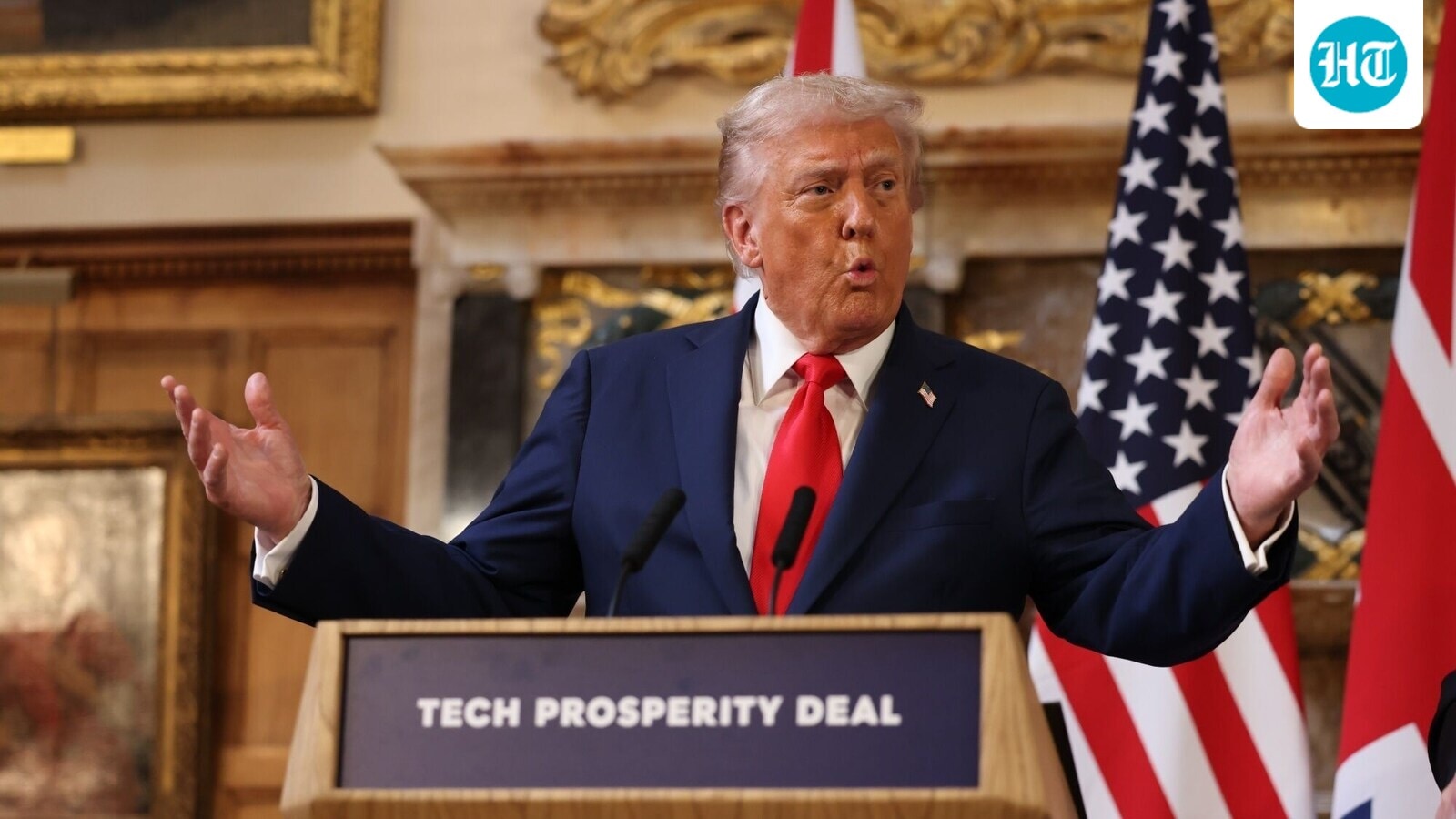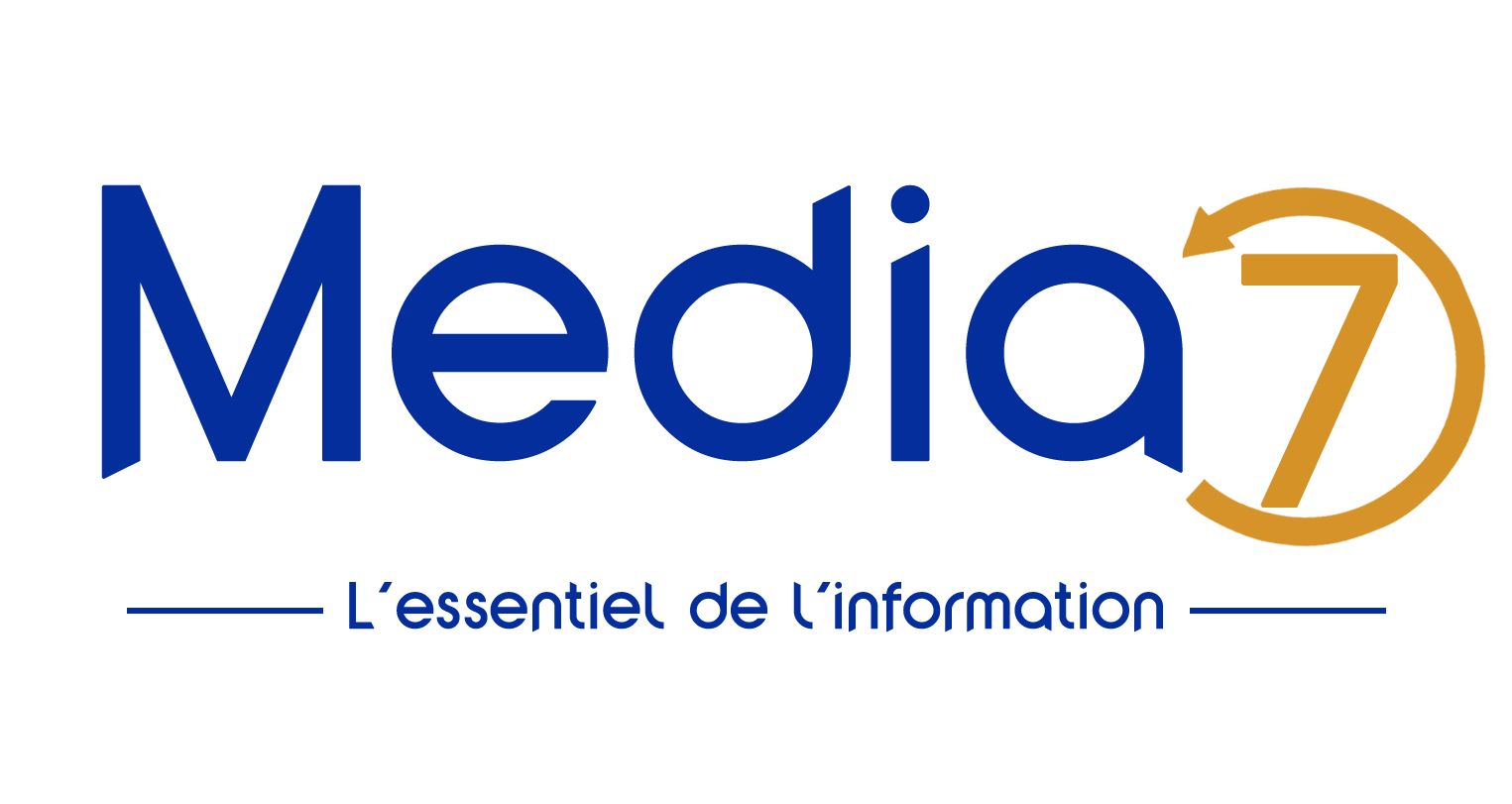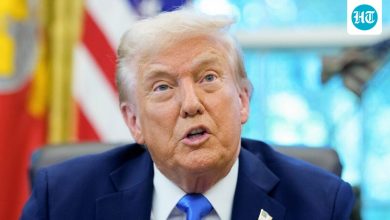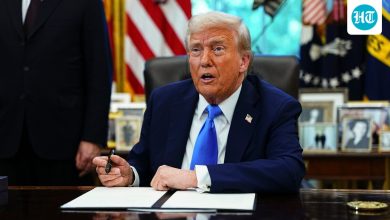US government likely to shut down, says Donald Trump. Here’s why

US President Donald Trump on Friday predicted that the government might shut down, citing a stalemate between his party and Democrats. “We’ll continue to talk to the Democrats, but I think you could very well end up with a closed country for a period of time,” Trump said in the Oval Office.
US President Donald Trump “We did seven and most of them were not thought to be settleable. We did India, and we did Pakistan”.(Bloomberg)
The shutdown might come amid the Senate Republicans and Democrats each blocking the rival’s plan to provide temporary funding.
The prospect of a shutdown increased after Senate Republicans and Democrats earlier Friday each blocked rival plans to provide temporary funding. The Senate, which can take several days to pass legislation, afterwards left town for a break, which will continue till September 29, and the House plans a longer recess extending until October. 7.
Democrats are demanding an increase in the health care spending, while Republicans are refusing to go along and instead back a simple bill to keep the lights on through Nov. 21. Republican leaders are hoping Democrats will drop their demands and concede as the deadline nears rather than risk blame for a disruption in government services.
Senate Majority Leader John Thune said that the choice is “pretty clear.” He said that either it’s going to be funding the government through a clean, short-term continuing resolution or it’s going to be a government shutdown. “That’s the choice Democrats have,” he added.
Generally, financial markets shrug off the threat of shutdown, given the history of standoffs being resolved at the last moment. But this time, both sides are more determined, so a showdown is more likely and difficult to end.
A short shutdown is unlikely to affect US equity markets, large-cap companies and major US government contractors even if it continues for a few weeks, according to a Bloomberg Intelligence analysis. However, if the funding lapse is longer, it could start to impact economic growth, with a month-long shutdown lowering quarterly GDP growth by 0.4 percentage points as a rule of thumb, according to Bloomberg Economics.
The Republican interim funding plan garnered only 44 votes, falling short of the 60 votes needed to overcome procedural obstacles in the Senate.
Democratic Leader Chuck Schumer introduced an alternative plan to fund the government through October 31, but it was rejected in a 47–45 vote. Thune criticised the proposal as “unserious” and urged his members to unite in opposing it.
The $1.5 trillion Democratic proposal includes $350 billion to permanently extend expiring Obamacare tax subsidies for the middle class and would undo nearly $1 trillion cut to Medicaid spending passed by Republicans in Trump’s tax legislation earlier this summer. Schumer highlighted that action on the subsidies is urgent, as insurers are set to send premium hike notices on November 1. Thune, however, has said he would “look at” the Obamacare issue later in the year.
“Americans will see the glaring contrast between the Republican plan continuing the status quo of Donald Trump’s health-care cuts and high costs and the Democratic plan to avoid a shutdown while lowering premiums, fixing Medicaid, and protecting funds for scientific and medical research,” Schumer said Thursday on the Senate floor.
Unable to slow Trump’s agenda or attract significant media attention for their effort, Democrats are facing growing pressure to consider risking a government shutdown. In March, Schumer backed down from a similar standoff and allowed 10 Democrats to support a temporary spending bill. This time, he’s adopting a firmer stance, though some of those same 10 senators have yet to say how they plan to vote.
The House approved the GOP stopgap spending bill, with only one House Democrat voting for it.
The Republican proposal includes several policy provisions, such as increased security funding for lawmakers and federal officials, and a measure permitting the District of Columbia to spend its own tax dollars in the next fiscal year. Johnson secured some support from conservatives, who were concerned about their safety after the assassination of Charlie Kirk.




